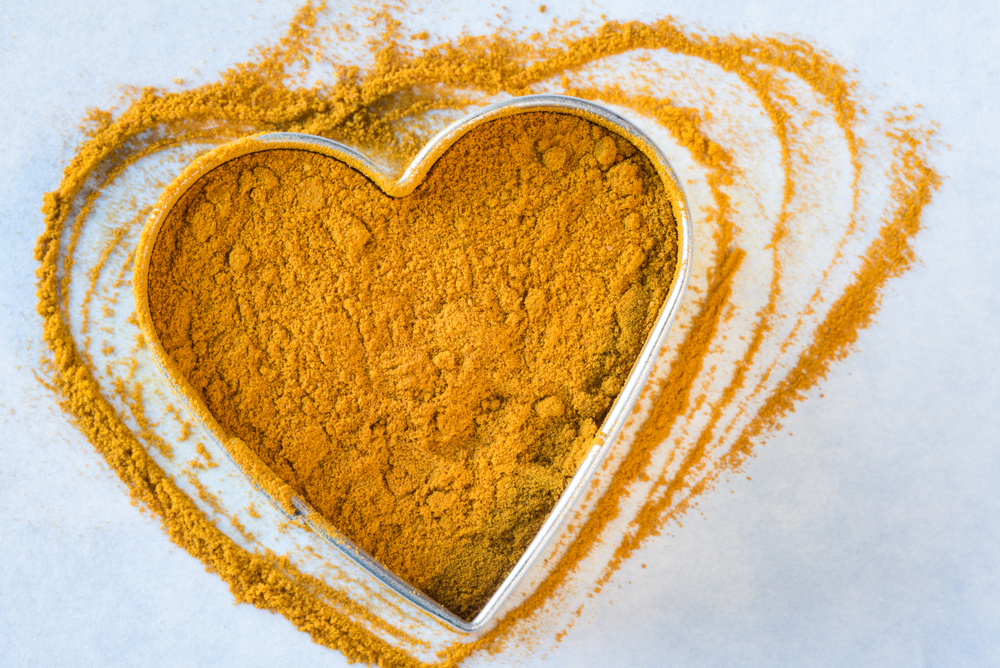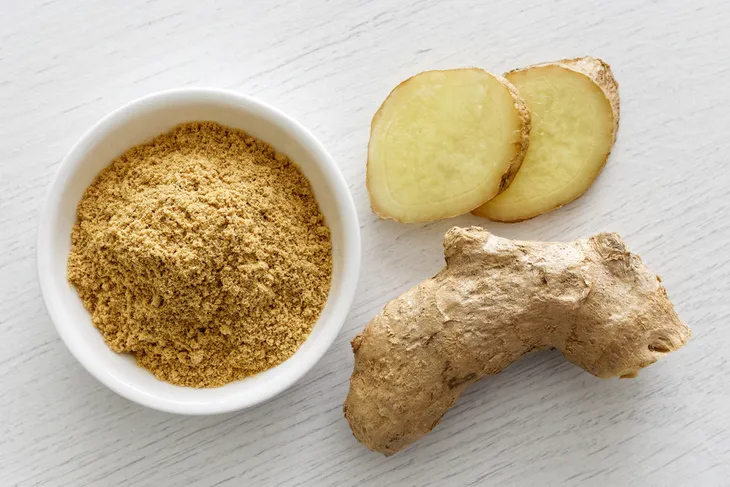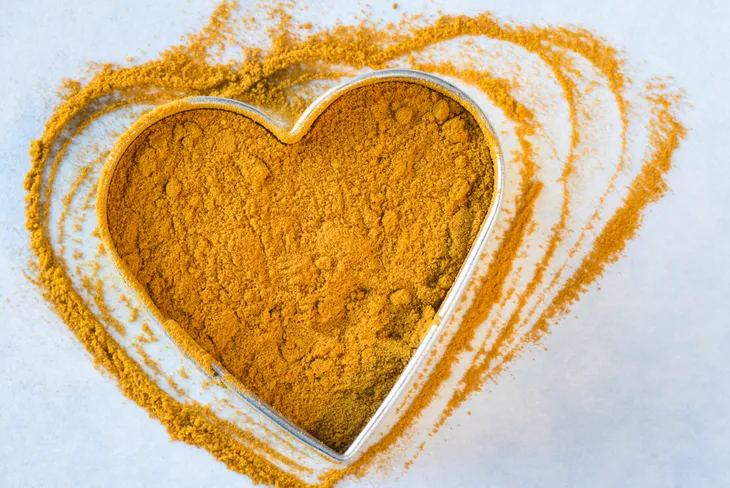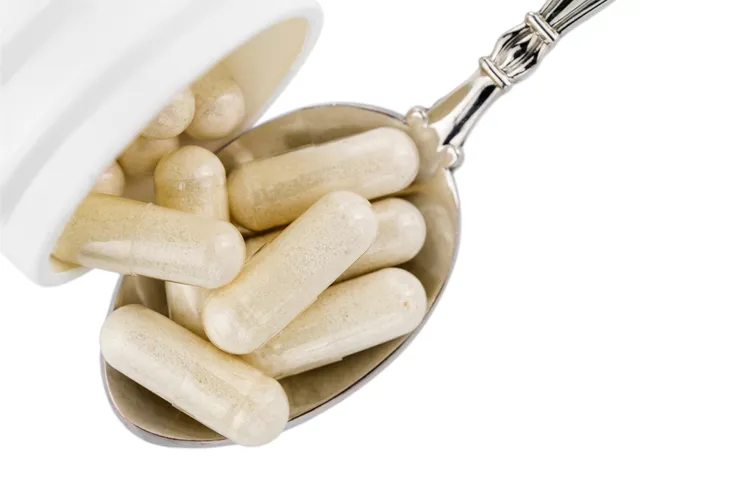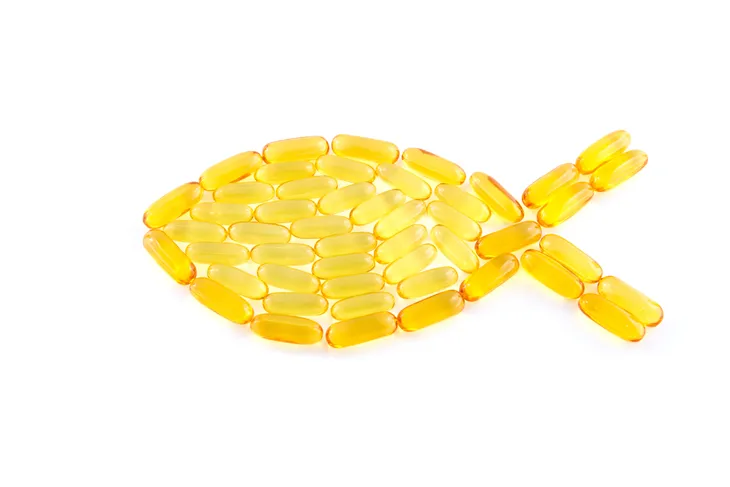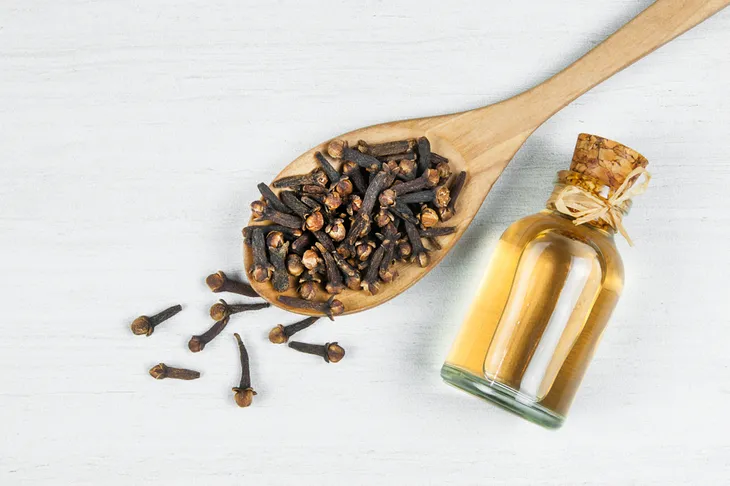When experiencing pain, it is easy to reach for an over-the-counter remedy like Aspirin, Tylenol or Advil. These pharmaceutical options may be effective, but they also come with a lengthy list of potential side effects.
Why not try treating pain in a more natural way instead? The following are seven natural remedies for relieving inflammation caused by a wide variety of ailments, including headaches, indigestion and swollen joints.
Capsaicin
Those who enjoy spicy foods will be happy to know that a common herbal remedy for pain is something calling capsicum or capsaicin, which is derived from hot chili peppers. It is a common ingredient in natural painkilling creams, used to help treat muscle tension and soreness.
The New England Center for Headache also found that when such creams were applied inside the nostrils of patients, it helped to decrease migraines and cluster headaches. Capsaicin can also be taken in supplement form to relieve the discomfort of indigestion and cramps.
Ginger
Ginger is a powerful anti-inflammatory that has been used for many thousands of years to treat pains and swelling. And for good reason! A 2013 study found that ginger was more effective than Advil for relieving pain associated with osteoarthritis and rheumatoid arthritis.
According to Care2.com, this is because ginger “blocks the formation of the inflammatory compounds–prostaglandins and leukotrienes–and also has antioxidant effects that break down existing inflammation and acidity in the fluid within the joints.” It has proven effective regardless of whether it’s consumed raw, cooked or in supplement form.
Turmeric
Turmeric, a root that is part of the ginger family, is a spice commonly used in Indian cuisine to give curries their yellow color and unique flavor.
It’s believed that the antioxidant curcumin, which is found in turmeric, is what helps to treat pain due to its anti-inflammatory properties. In addition to being used in cooking, turmeric can also be made into tea or taken as a supplement to help with indigestion, psoriasis and osteoarthritis.
Glucosamine and Chondroitin
Glucosamine and chondroitin, which are often sold together, may be beneficial for reducing joint pain caused by arthritis by building and protecting the body’s cartilage.
While glucosamine is a naturally found within the body, chondroitin is made from shark and cow cartilage. In a study published in the New England Journal of Medicine, the combination of these two compounds helped 53 percent of participants with moderate to severe knee osteoarthritis reduce their pain by half.
Fish Oil
During the digestion process, when fish oil is broken down within the body, it turns into chemicals called prostaglandins, which are natural anti-inflammatories. As inflammation is a large element of what causes pain, taking fish oil has been found to help those with joint discomfort caused by osteoarthritis or rheumatoid arthritis.
In a 2006 study, it was also proven beneficial for those with neck or back pain. Participants were instructed to take 1200 milligrams of fish oil supplements that contain eicosapentaenoic and decosahexanoic acid. After just 75 days, more than half of the 125 people involved no longer required their prescription painkillers.
Willow Bark
Willow bark is a centuries-old remedy for inflammation. The bark of a white willow contains the chemical salicin, which is closely related to the main ingredient of aspirin.
While willow bark was once chewed in order to obtain its benefits, it is now available as a dried herb for making tea or as a supplement. It can be beneficial for treating ailments such as headaches, back pain and osteoarthritis.
Cloves
Not only are cloves great for cooking with, they’re also able to treat pain associated with variety of conditions, from headaches and joint inflammation to nausea and head colds.
Cloves contain the active ingredient eugenol, which is a natural pain reliever often used in over-the-counter topical creams. Medicinal cloves can also be found in capsule, powder or oil form. The oil, when applied in very small amounts onto the gums, may also be beneficial for temporarily relieving tooth pain until a dentist can be seen.
